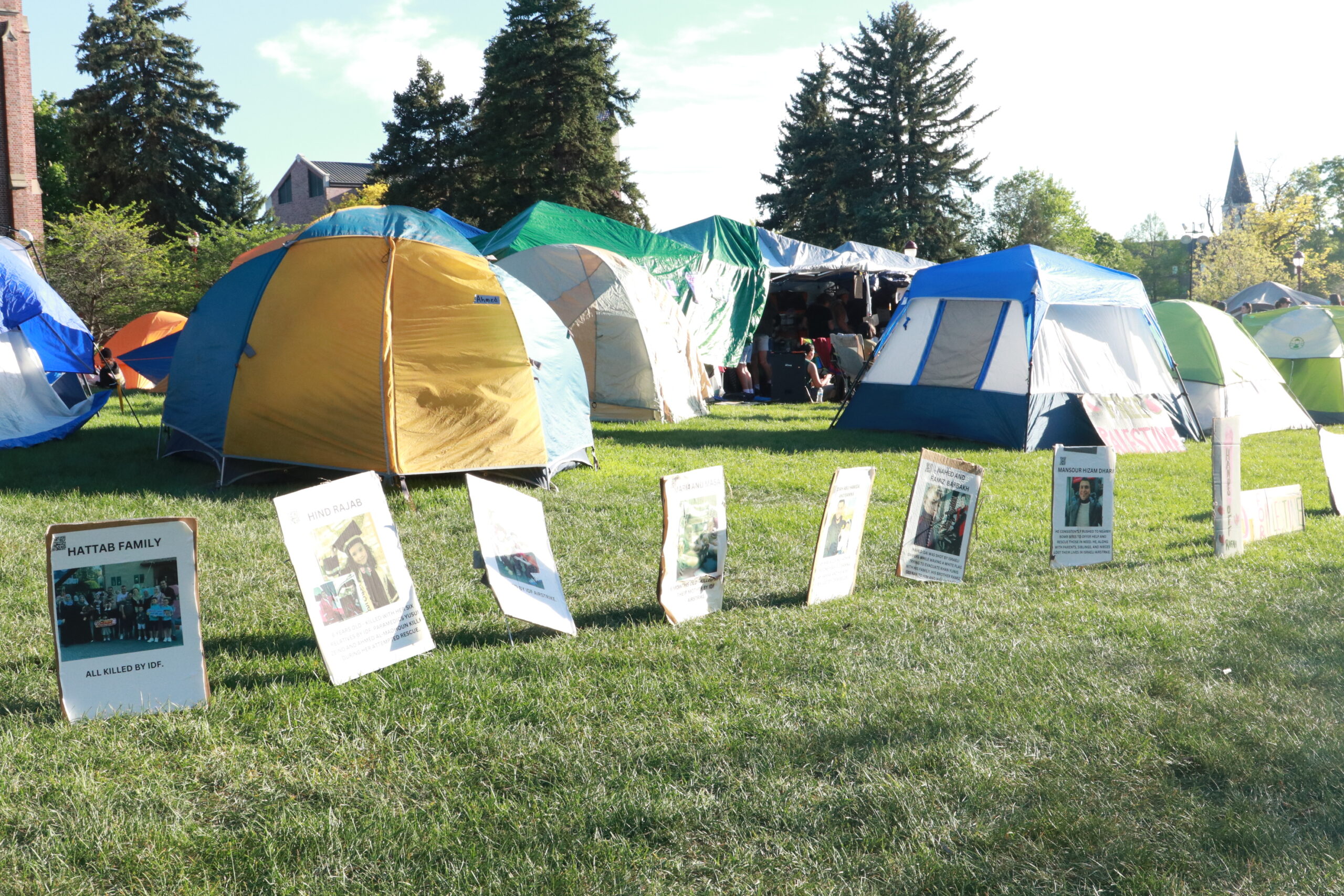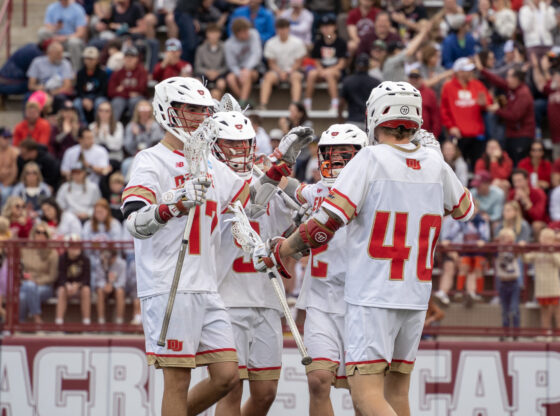 Photo by: Mike Sassser
Photo by: Mike Sassser
Undergraduate students may soon have the option to bypass getting an RTD pass and save $30 or more in extra fees attached to their tuition bill.
The AUSA Senate passed a resolution last week to separate the Regional Transportation District (RTD) Light Rail fee for an RTD pass from the student activity fee in an effort to help keep a lid on rising costs students pay.
Currently, undergraduate students pay $100 in the student activity fee with $30 of that going toward the RTD pass.
If approved by the Board of Trustees and university administration the resolution would make the RTD fee a separate item on the bill students receive. Students would be able to decide whether they want to have the RTD pass or not.
Troy Hashimoto, a Daniels School of Business senator and president pro tempore, explained that if RTD raises the fee that DU pays for RTD passes that increase would be incorporated automatically into the student activity fee. This would be the third straight year where an increase has been made in the student activity fee due to higher RTD charges.
“When students see an increase in the price for the student activity fee, it is deceiving that student services are not receiving the increases,” Hashimoto said.
The student activity fee consists of services for students such as the athletic ticket initiative, the newspaper readership program, wind energy and the funding of student organizations.
“The main goal is for the student activity fee to stay the same, in terms of price, and to not cut into the amounts going toward student services, but the RTD fee will essentially not allow us to do that,” said Hashimoto. “Our solution would help internal budgeting and the stabilization of the student activity fee to ensure that student services do not get affected.”
One concern of the administration is that students might opt out of paying the RTD fee.
“My hope is for the administration to work with us to compromise and to take the student Senate seriously,” Hashimoto said.
Jessi Jones, a sophomore who tries to take the RTD as much as possible, had mixed feelings about the resolution.
“Students will know what their money is going toward,” said Jones. “However I would hate for the RTD fee to significantly increase or for it to be taken away if not enough students want to pay a separate optional fee.”











